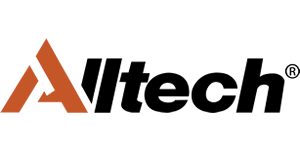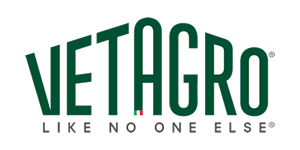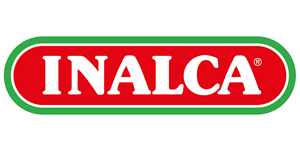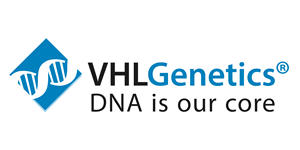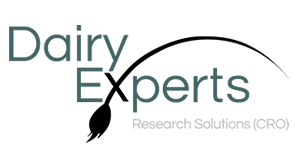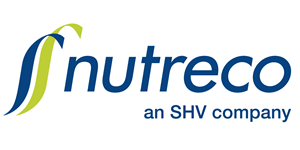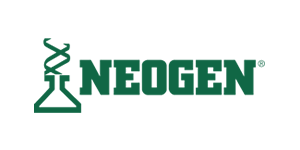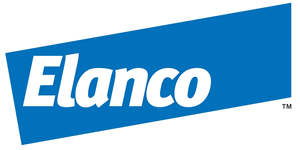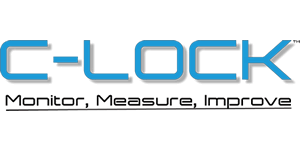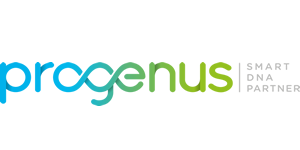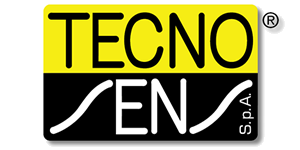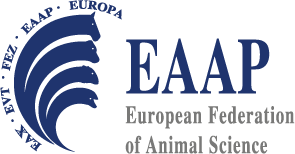Session 18. Innovative approaches to pig production and pig research (Wageningen Academic Publishers early career competition) – part II
<< Back to the Session index of Ghent 2019
Theatre Session
Detection of reciprocal translocations in pigs using short read sequencing
A.C. Bouwman, M.F.W. Te Pas, M.F.L. Derks, M.A.M. Groenen, R.F. Veerkamp, M. Broekhuijse and B. Harlizius
Genome-wide association analyses and fine mapping of immune traits in dam lines using sequence data
C.M. Dauben, E.M. Heuß, M.J. Pröll-Cornelissen, K. Roth, H. Henne, A.K. Appel, K. Schellander, E. Tholen and C. Große-Brinkhaus
Selection of pigs for social genetic effects improves growth in crossbreeds
L.V. Pedersen, B. Nielsen, O.F. Christensen, S.P. Turner, H.M. Nielsen and B. Ask
Verifying the existence of second litter syndrome in pigs
M. Pszczola, E.F. Knol, H.A. Mulder and E. Sell-Kubiak
Looking at nutrition related traits in pigs through genetic-tinted glasses
L.M.G. Verschuren, M.P.L. Calus, D. Schokker, R. Bergsma, F. Molist and A.J.M. Jansman
Using life cycle assessment to estimate environmental impacts from correlated genetic traits in pigs
M. Ottosen, S. Mackenzie, M. Wallace and I. Kyriazakis
Back to the future: virtual concepts for sustainable pig production systems
M. Von Meyer-Höfer, H. Heise, C. Winkel and A. Schütz
Environmental impacts of housing and manure management in European pig production systems
G. Pexas, S. Mackenzie, M. Wallace and I. Kyriazakis
Cost and benefit evaluation of genomic selection in Canadian swine breeding schemes
Z. Karimi, M. Jafarikia and B. Sullivan
